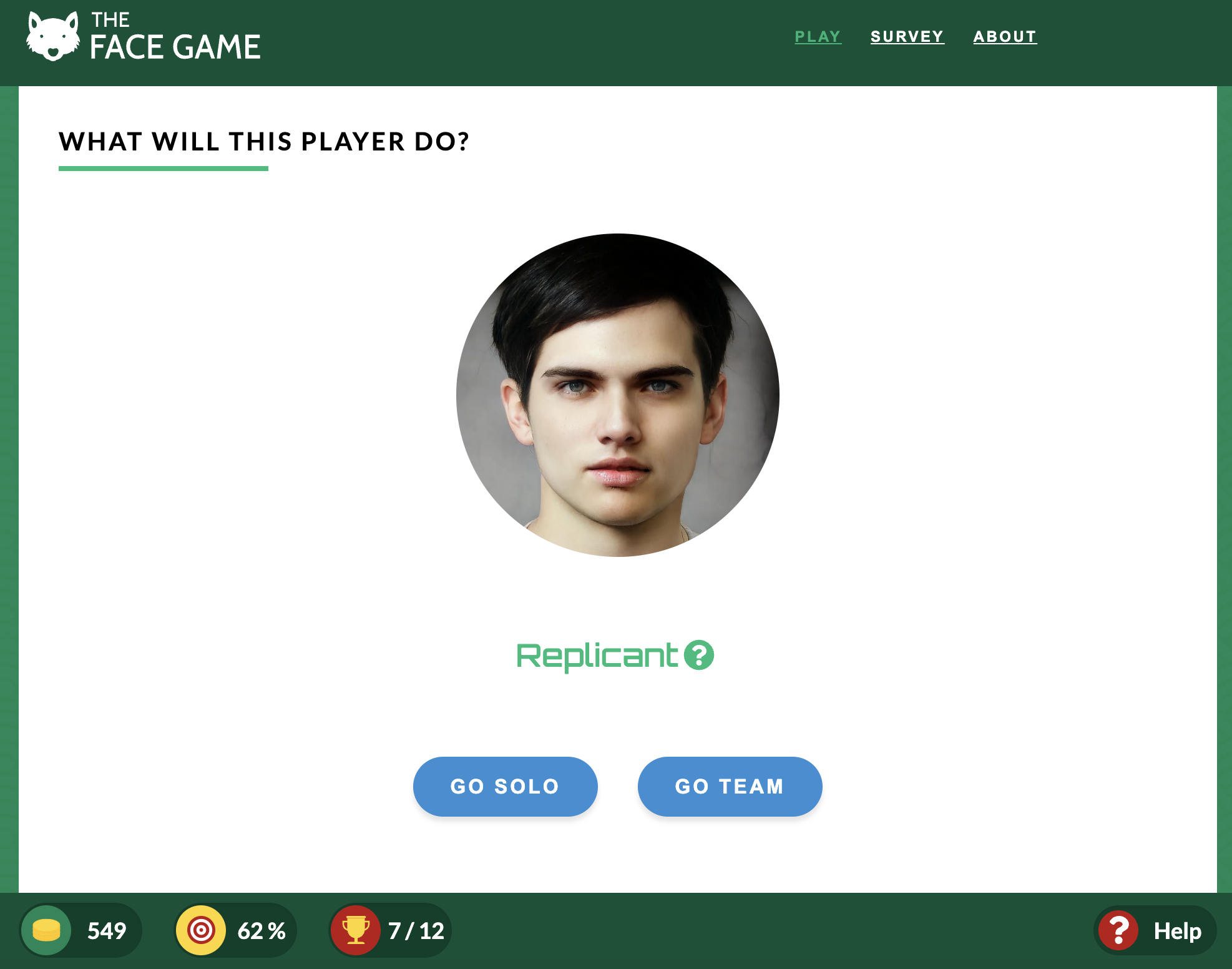Medical assistance in dying: what are we talking about?
Alberto Giubilini Oxford Uehiro Centre for Practical Ethics Medical assistance in dying – or “MAiD”, to use the somehow infelicitous acronym – is likely to be a central topic in bioethics this year. That might not be tr…
Read MoreOutsourcing Without Fear?
This is the second in a series of blogposts by the members of the Expanding Autonomy project, funded by the Arts and Humanities Research Council. by Neil Levy As Adam Carter emphasises in the first post in this series, offloading cognitive …
Read MoreCross Post: Brainpower: Use it or Lose it?
This is the first in a series of blogposts by the members of the Expanding Autonomy project, funded by the Arts and Humanities Research Council Written By: J Adam Carter, COGITO, University of Glasgow E-mail: adam.carter@glasgow.ac.uk  …
Read MoreEvent Summary: Morality and Personality
by Roger Crisp On 2 November 2023, at one of the most well-attended (in-person and remotely) New St Cross Ethics seminars to date, Professor Predrag Cicovacki, Professor Emeritus in Philosophy at the College of the Holy Cross, Worcester, MA…
Read MoreEvent Summary: New St Cross Special Ethics Seminar: Should people have indefinite lifespans? Ethical and social considerations in life-extension, Professor João Pedro de Magalhães
Written by: Dr Amna Whiston On Thursday, 16th November 2023, Professor João Pedro de Magalhães, a prominent microbiologist specialising in ageing and longevity research, gave an engaging and personable New St Cross Ethics Seminar ent…
Read MoreOn Grief and Griefbots
Written by Cristina Voinea This blogpost is a prepublication draft of an article forthcoming in THINK Large Language Models are all the hype right now. Amongst the things we can use them for, is the creation of digital personas, k…
Read MoreIs Animal Liberation Speciesist?
Written by Joseph Moore This year, Peter Singer published Animal Liberation Now, a significantly updated version of his 1975 animal rights classic. Both the original and revised text argue that humans should refrain from inflicting unnecess…
Read MoreCross-post: Fairness and Freedom in Public Health Policy – On the need for a Humanities-based approach to public health policy
by Alberto Giubilini Originally posted on the Oxford Medical Humanities website Multidisciplinary Conference, Oxford, 23 and 24 Oct 2023 This conference explored two distinct but related issues in public health. One is the extent to …
Read MorePlaying the Game of Faces with AI
Written by Edmond Awad In the popular series “Game of Thrones” (and the corresponding “A Song of Ice and Fire” novels), the “Game of Faces” is a training method used by the Faceless Men, an enigmatic guild of assassins. T…
Read MoreGuest Post: Oppenheimer – Not The Morality Of The bomb
Written by Martin Sand & Karin Jongsma The recently released Christopher Nolan movie “Oppenheimer” proves to be a phenomenal movie that deserves being watched on screen. Despite its 3 hours length, “Oppenheimer” is an intriguing portray…
Read More
